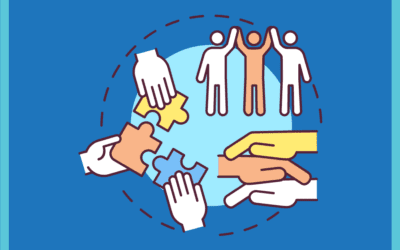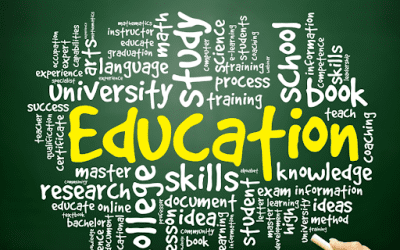There’s lots of chatter about designing eLearning courses for different generations in Higher Ed. Let’s start by saying that there is no question that students of different generations learn, think, and connect differently. Younger generations have grown up thinking, learning, and communicating while holding a computer in their hand. Yes, this experience has shaped how they learn. Likewise, many older students have adapted their way of thinking, learning, and connecting. So, on one side, course creators need to be aware of the broad trends that shape generational learning. On the other side, instructors need to revisit a few old-fashioned notions.
Treat every learner as an individual
As such, teachers should treat each student as an individual learner with unique needs. Different generations will take the same eLearning course. They do have different needs. To do that, instructors should first survey the audience to figure out how to meet the need. AI is a great tool to do this job. Course creators can use the data to shape the content to what each student needs before launching the eLearning. Also, instructors are able to group like with like. Novice students can be put in a section. Experts in another. Experienced students can be identified and tapped to mentor. Students can be assigned additional work to bring them up to speed. The goal of any successful eLearning course design should be to meet and engage the learner where they are on their learning path.
There’s lots of chatter about designing eLearning courses for different generations in Higher Ed. Let’s start by saying that there is no question that students of different generations learn, think, and connect differently. Younger generations have grown up thinking, learning, and communicating while holding a computer in their hand. Yes, this experience has shaped how they learn. Likewise, many older students have adapted their way of thinking, learning, and connecting. So, on one side, course creators need to be aware of the broad trends that shape generational learning. On the other side, instructors need to revisit a few old-fashioned notions.
Take the time to connect with them
Besides that, good AI use lets instructors focus on building meaningful connections with students. Teachers can spend time getting to know how students need the content presented to them. This is a great place to add generational, specific content. This is also a great spot to insert and address different learning styles. Rather than risk designing eLearning courses from the creators’ generational point of view, course creators can ask students. Getting to know what students want, helps creators, not to broad-brush generational stereotypes over their content. When teachers understand this old-fashioned notion, they will learn how to motivate their students. Still, this takes time. It’s the time that teachers will have if they use AI to relate to their students.
Listen to them
Most importantly, using AI to connect with students provides benefits. Students are more willing to be candid when they know they are engaging with a chatbot. Institutions can use AI to find out what students are talking about. What are their complaints? What are their interests? What trends capture their interest? Then, course creators can shape their eLearning courses to resonate with learners on those themes. In higher education, instructors have distinct opinions on what works to deliver their course to their students and what does not. Savvy course creators listen to their audience.
In sum, designing courses for different generations in Higher Ed is important. Still, institutions should pause before designing and revamping every eLearning course. Course creators should invest in getting to know their audience. To do this, designers can use surveys and AI tools to listen to their audience. Likewise, this action lets course creators give students individualized content. This lets instructors have time to get to know their students and gear content to them.




